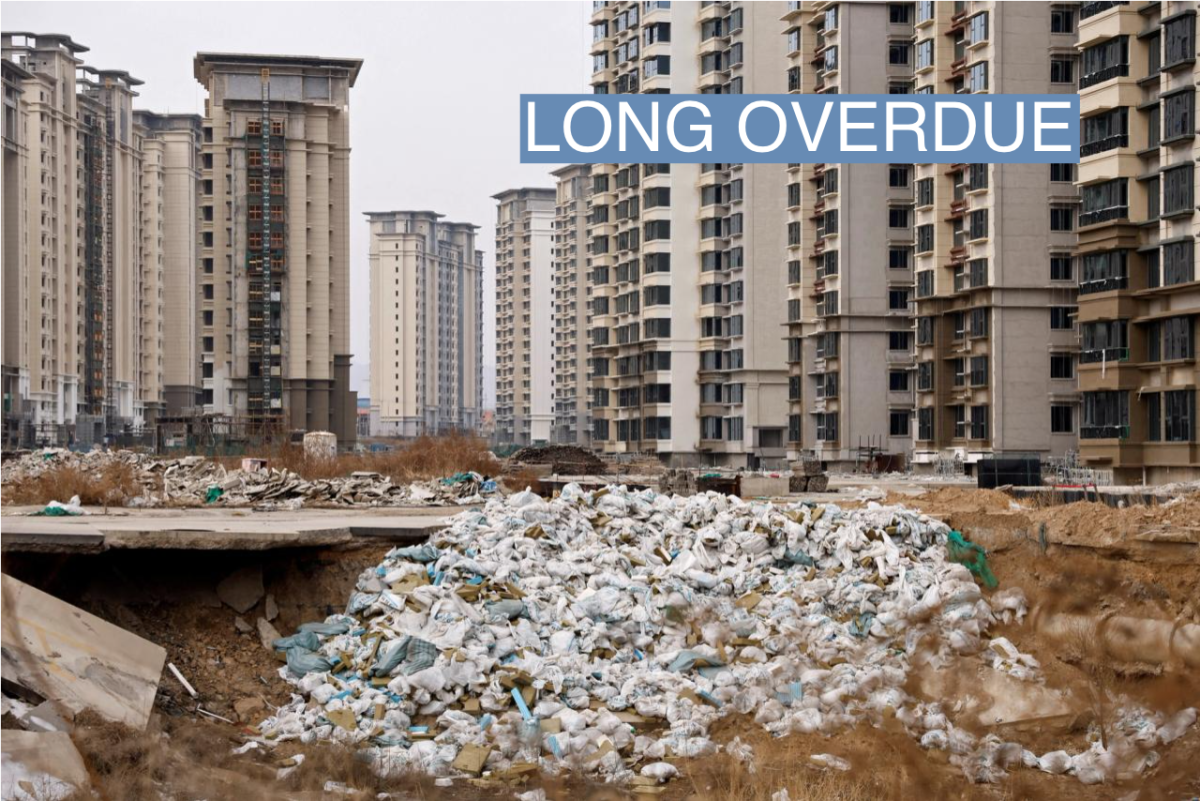Insights from the East include Read, the South China Morning Post and the National Strategy
The news
Chinese economists are urging the government to reform hukou — an archaic residency registration system set up decades ago under Mao to halt the mass migration of rural Chinese to cities.
Several cities have already made changes to the system to make it easier for migrant workers to bring their families to the cities and access social services there.
Under the hukou system, people are limited to receiving social services such as healthcare and education depending on where they are registered to live, a policy that has left residents of rural areas disenfranchised. The program is deeply unpopular and has forced migrant workers to make the choice to leave children and families with relatives to work in the cities for higher wages.
SIGNALS
Hukou reform could prevent negative social consequences
The residency system means millions of migrant parents leave their children at home with relatives while they work in the cities, but researchers worry this could have unforeseen long-term social consequences for future generations, according to Chinese newsletter The East is Read. Economists at Peking University found that “left-behind” children have a slightly higher chance of committing a crime in adulthood if only one parent is a migrant worker, and a 12.1% higher chance of gambling. Although the hukou system does not appear to have “immediate effects,” the researchers said, “these problems may manifest through increased criminal behavior, which will impact society in the long term.”
Hukou reforms could boost economic recovery
China’s economic problems are partly the result of a population unwilling to spend money on consumer goods, and a reform of the hukou system could “free up more than $281.1 billion in consumption,” according to an economist who the Chinese central bank advises. Migrant workers could see their purchasing power increase by 30% due to the significant improvements to their social safety net that urban residency would bring, he said. China’s major cities also have “room for improvement in terms of growth capacity” as the country’s overall population declines, the South China Morning Post reported, and the hukou reform could mean that “urbanization could be completed before 2035 ,” said one economist.
The Chinese real estate crisis needs a solution
Debt-ridden Chinese real estate developers like Evergrande have left millions of vacant buildings behind, and Beijing has considered city-specific hukou reforms to reduce the inventory of housing there. “The idea that the population is a resource rather than a burden” is beginning to drive authorities’ residency policies, wrote an analyst for the National Strategy, a WeChat economics blog. But the hukou reforms may not be enough to solve the housing crisis, because ‘ever [registration] open to everyone, it will quickly lose its value,” the analyst said, especially if migrant workers try to apply for registration in prime cities like Shanghai and Beijing.







